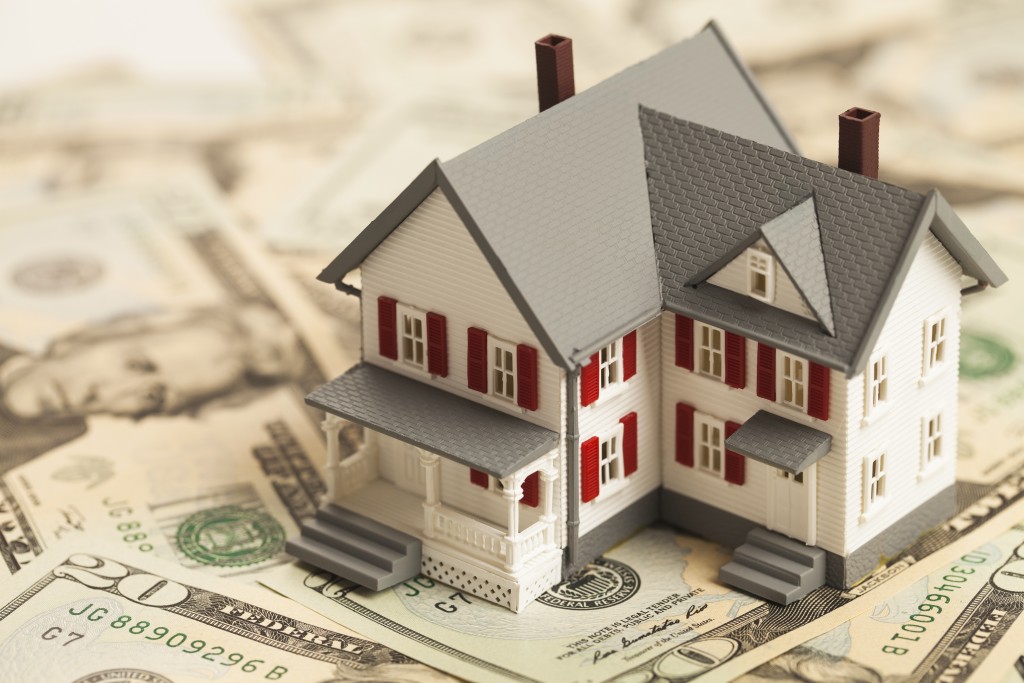If you’re not familiar with the term home equity, it’s basically how much of your property you really own. That amount is simply the market value of your house minus the mortgage balance you still owe. But why is home equity so important? Your home is one of your greatest assets, an asset that you can make use of in the future; for when you have kids or if you plan to move to a different home, to fund your retirement, or to simply get money out of it.
Whatever the reason is, you will want to start building your home equity as soon as possible. You’ll never know when you’ll need to sell your house. Here’s how you can increase your home equity without having to wait on the market to increase your home’s value:
-
Focus on settling your mortgage payments
One of the best ways to increase your home equity is by decreasing the amount of debt you have. That means your biggest focus should be on paying off your mortgage. Remember, your home equity is the market value of your house subtracted by the mortgage payments you still owe. So, every month when you pay off your mortgage, your home equity already increases.
Did you know that you could also choose to pay additional or higher amounts of money than your monthly mortgage fee? Yes, it’s possible. Your lender definitely won’t stop you from doing so. Say your mortgage fee is $1000 a month. If you could spare a couple hundred more and pay $1500 instead, you would end up settling your mortgage way faster. And the faster you pay off your mortgage, the faster you increase your equity. You also get to save more money on interest.
2. Make some improvements to your home

Been dreaming of making a couple of renovations to the inside of your home? Why not? Doing so will increase your property’s value. However, you have to be careful with the “improvements” that you make as some renovations can damage your home’s value. Some sure-win home improvements you should make include kitchen renovations, bathroom renovations, garden landscaping, and energy-efficient upgrades.
Avoid going over-the-top with your renovations. If you bombard your home with too much color, tacky wallpapers, or lavish light fixtures, you will hurt your home equity. Renovating your kitchen or your bathroom to be luxurious or high-end could also damage your home equity. Something as simple as putting on a fresh coat of paint can already increase the value of your home.
Or even doing some of the usual maintenance and upkeep is good enough. Also, avoid getting a built-in pool if you live in a cold area. Most investors and real estate agents see it as a waste of money. If you consider how much you spend to get it cleaned and the fact that you can’t use it over the winter; It’s just not worth it.
Although there are companies who buy houses in any condition, especially when you want to sell your house fast. You still want to make some home improvements to up your equity. Why? Because you should have at least 15% home equity to sell your house without suffering a financial loss.
3. Refinance your mortgage
If you want to build your equity faster, you can do so by getting a shorter loan. Usually, a 15-year mortgage is better for building equity than a 30-year mortgage. If you got a 30-year mortgage instead of a 15-year mortgage, it’s not too late. Refinancing your mortgage allows you to shorten the term of your loan and get an even lower interest rate at the same time.
When you refinance your mortgage, you could also use this to tap into your equity and use it for things such as home improvements or anything really. Talk to your lender about a mortgage refinancing and refinance loans to decide if this is the right decision to make and if you qualify for it. You usually need a good credit score to qualify for a refinance loan.
Keep in mind that to increase your home equity, you have to decrease the amount of debt that you owe. So aside from doing these three things, you also have to learn to make the right decisions. That means making the right spending decisions. And just because you can tap into your equity doesn’t mean you should — unless it’s really necessary. A lot of people make the mistake of tapping into their equity too early that they find themselves in more debt.
Even if you aren’t planning to sell your home in the future, you’ll still want to build your home equity to at least 10% to 15%. That way if you do have to sell it due to whatever circumstance you’re facing, you still earn a good amount. Don’t sit around and wait for the market to rise. That could take forever. Do something about it now and take the situation into your own hands. If you want to increase your property’s value as much as possible and as fast as possible you should consider these three things.

